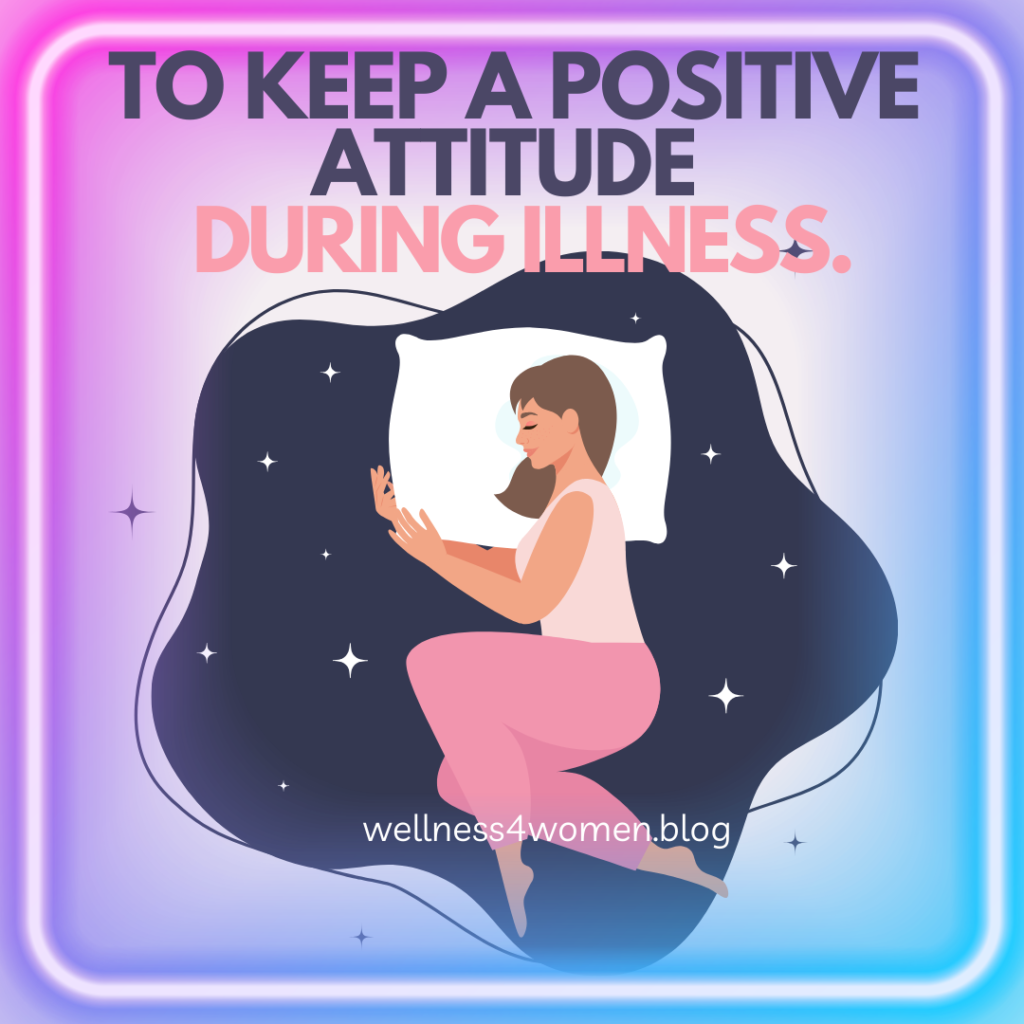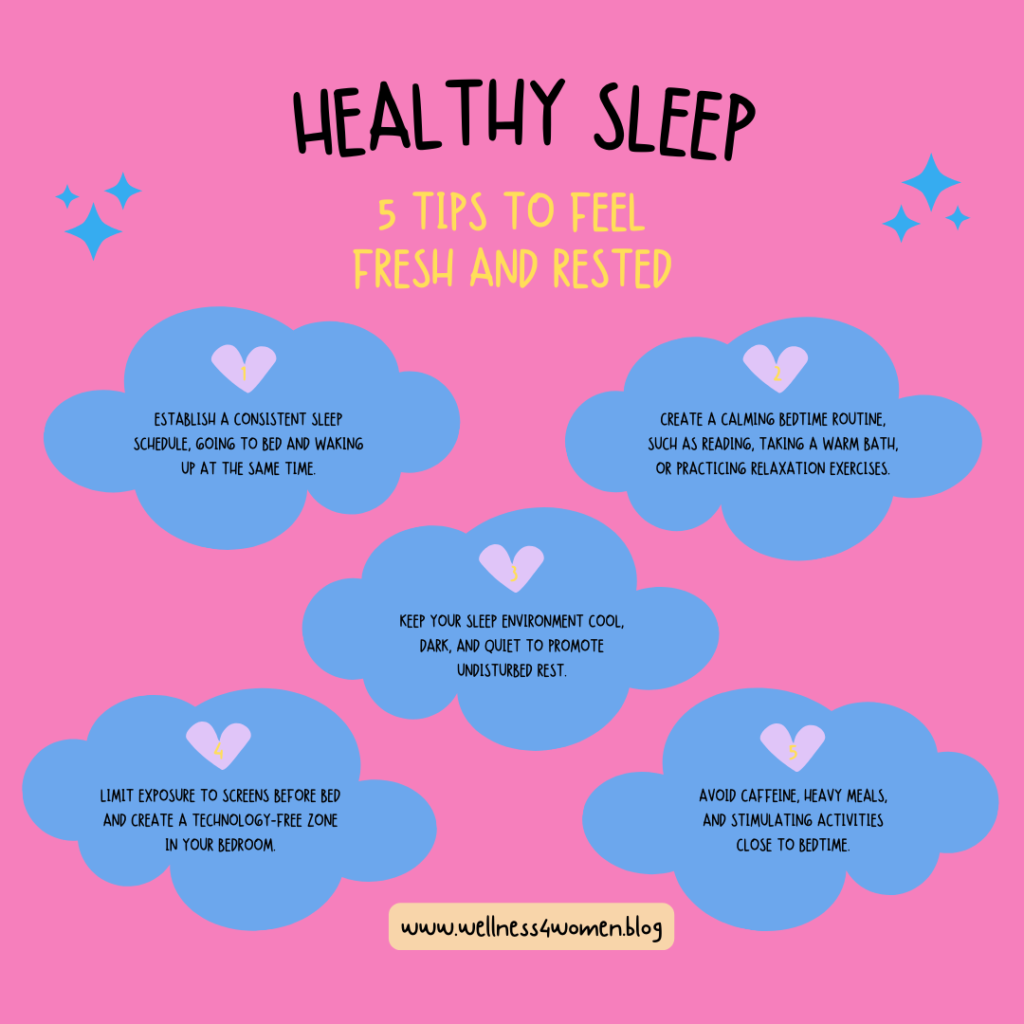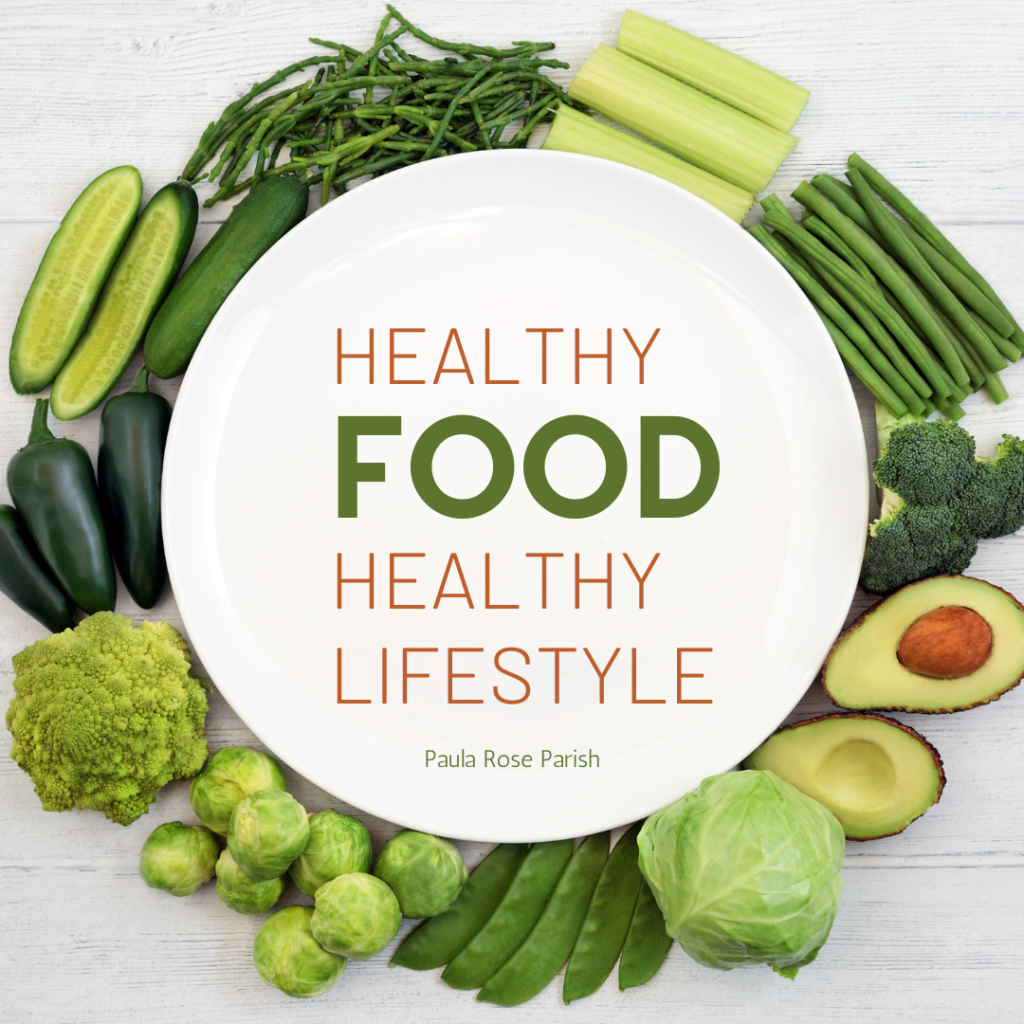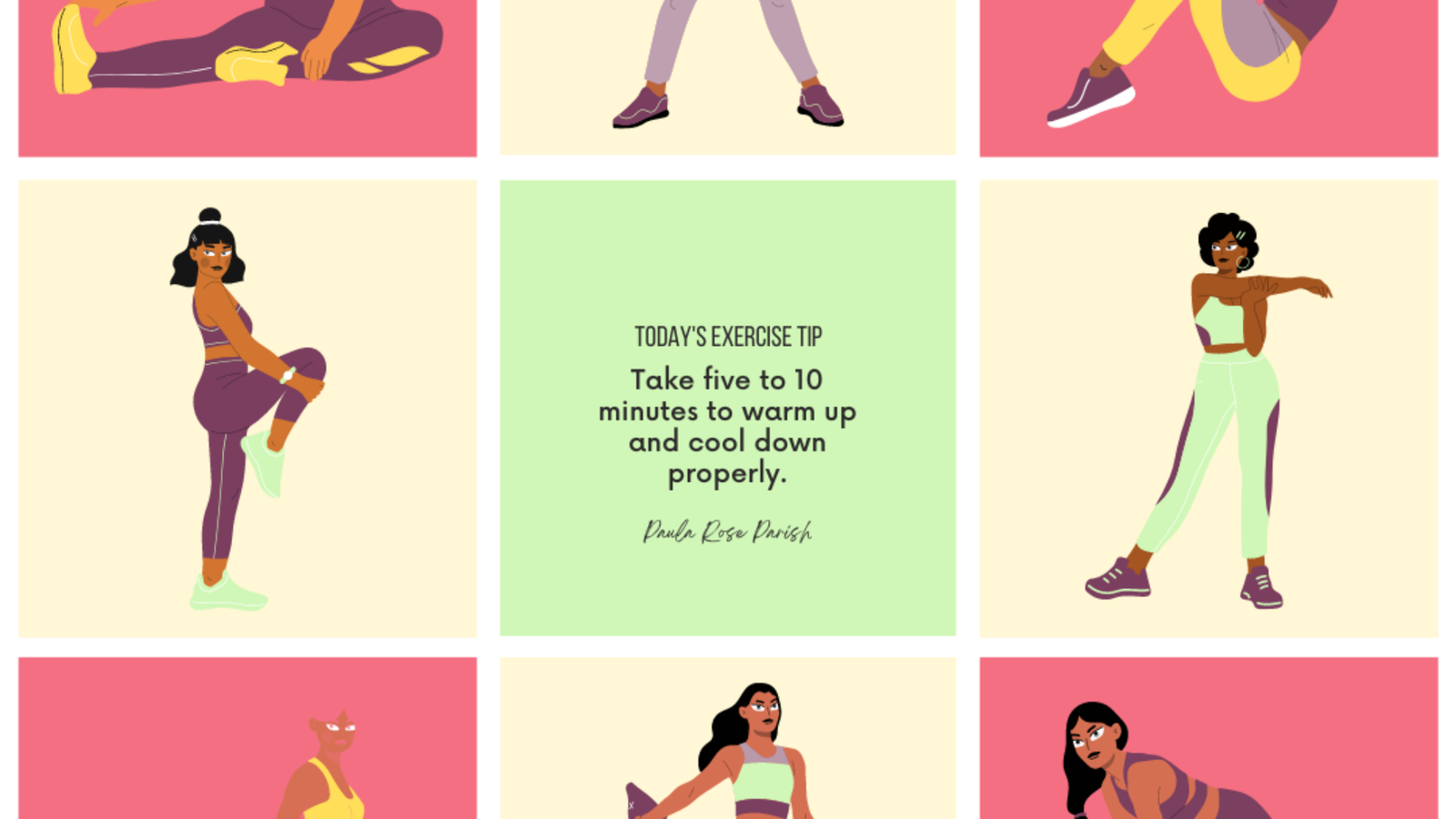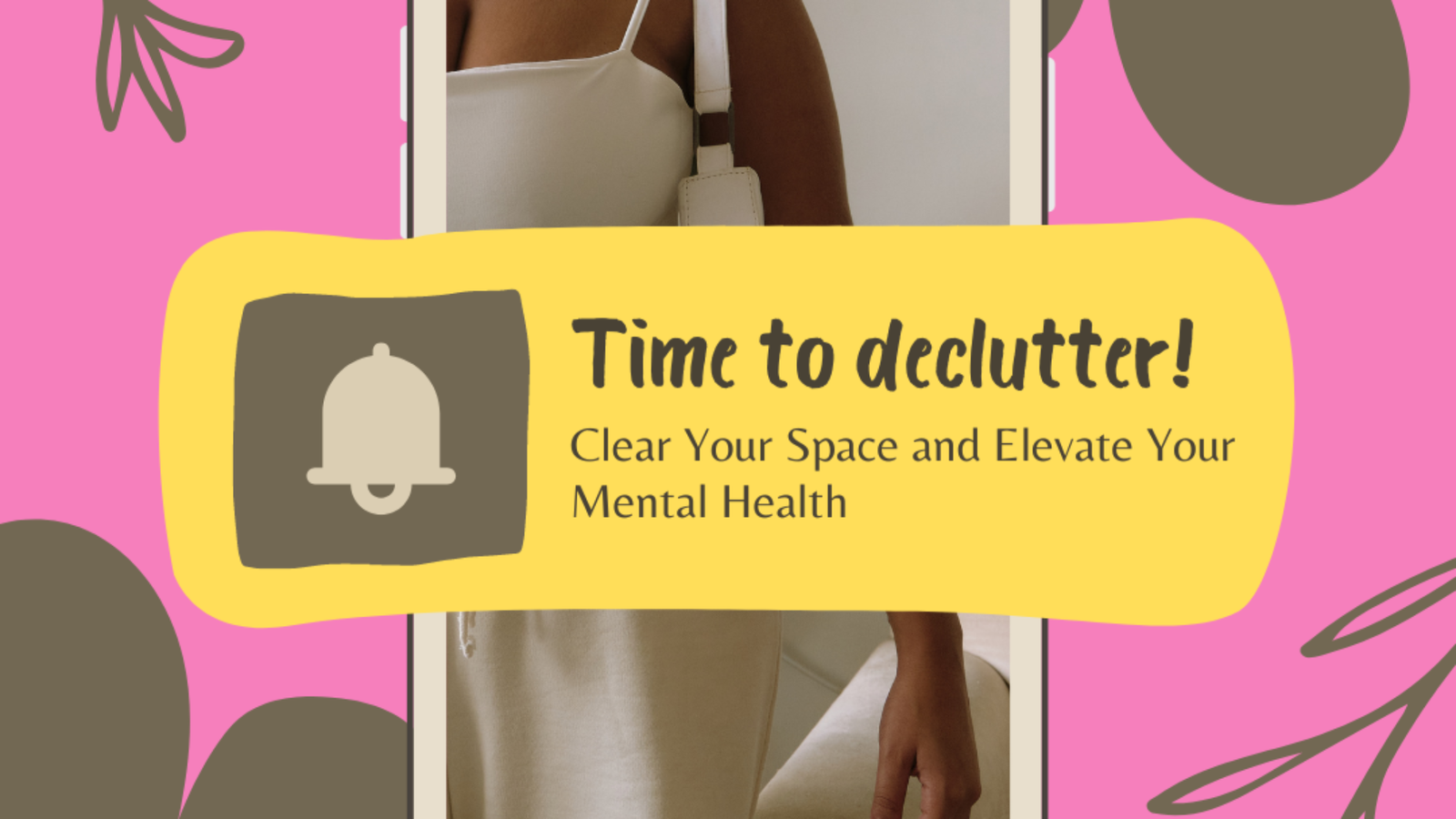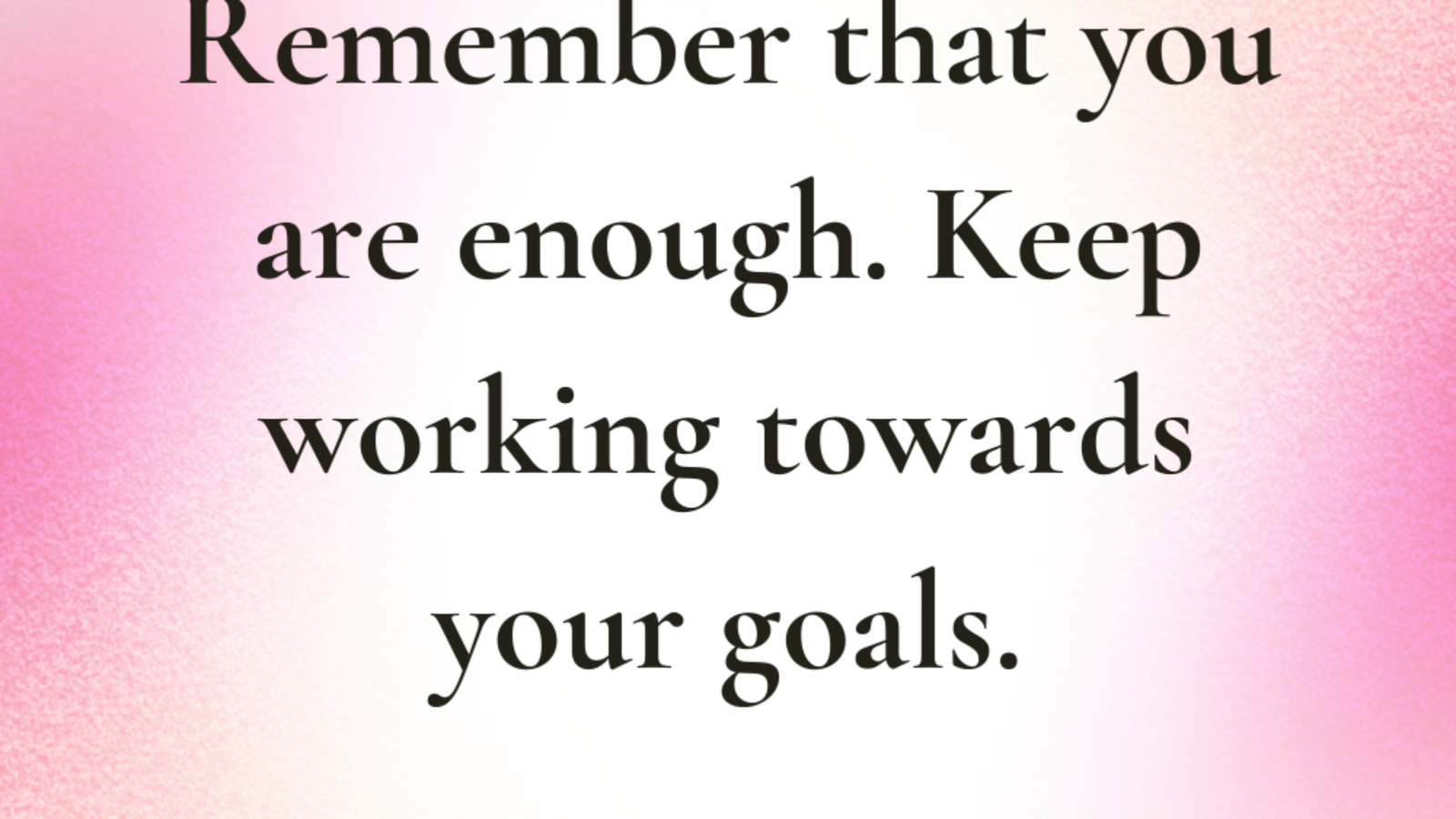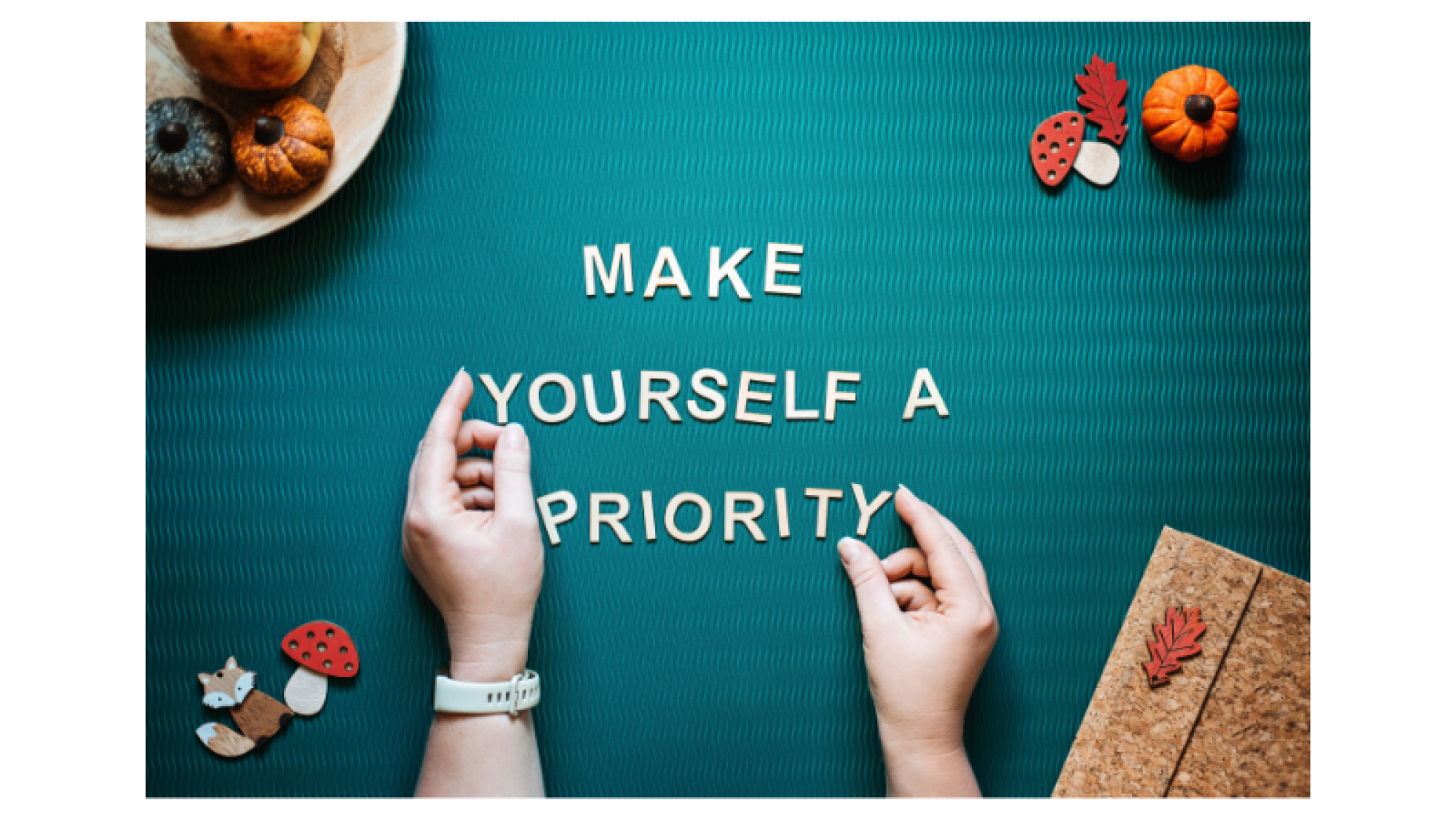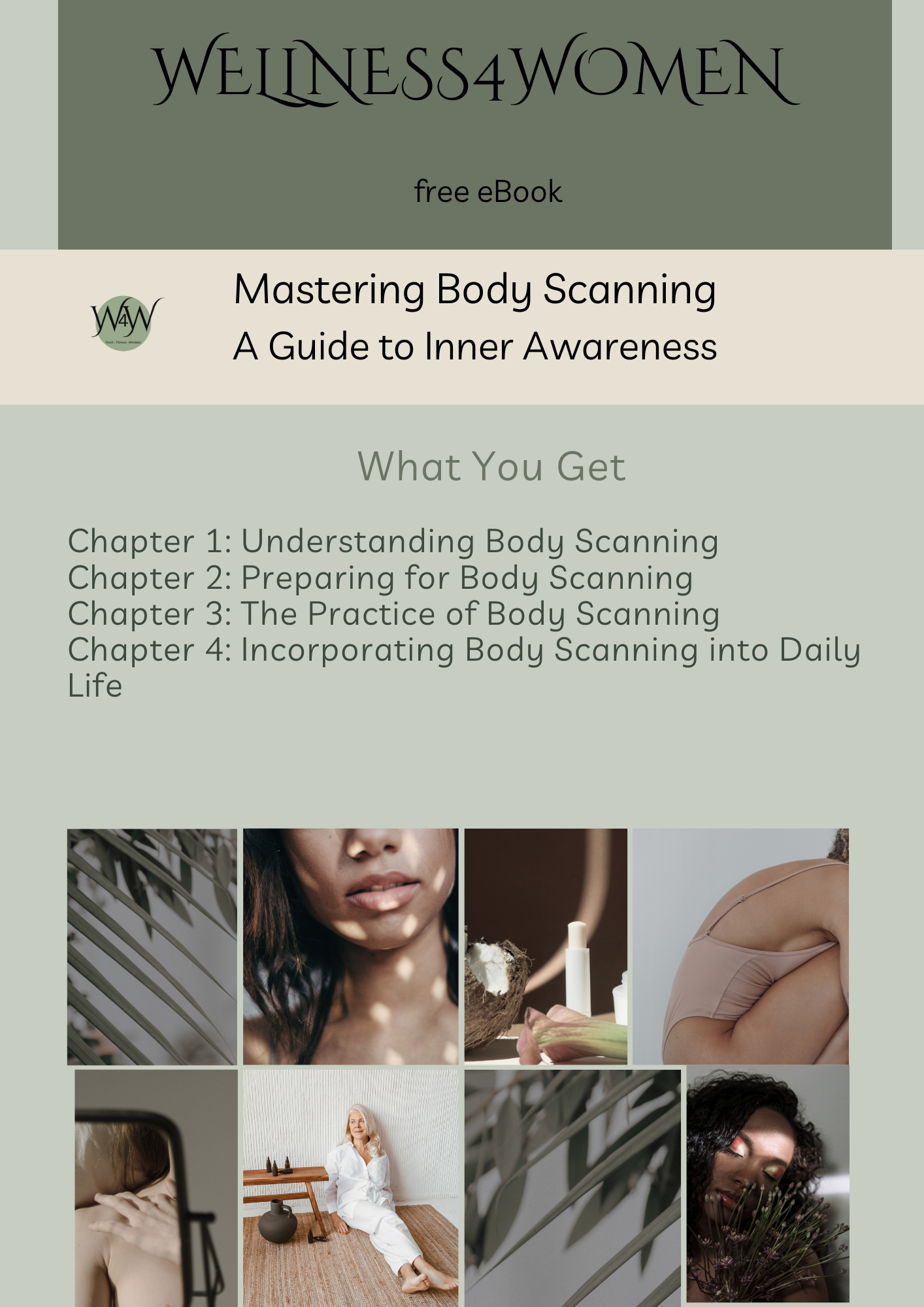Changing your mindset is about self-growth. Self-growth to a happier life is a deep and radical process that leads to self-improvement.
Our personal development radically changes our environment through our influence.
Not only do people around us benefit from our positive mindset, but it also improves our thoughts and health, thus promoting self-growth.
Self-growth and a happier life process are vital to your overall happiness. It gives you joy and makes others more aware of how they can live a more satisfying life.
Read on for more tips on how to Elevate your life for joy and contentment.
Personal Development and Joy:

Personal growth comes from bettering your life. It involves experimenting with new things, trying new experiences, and acquiring new skills. Such development raises a sense of happiness by constantly challenging oneself to grow. In this way, you can get closer to what you truly love doing, giving you a stronger feeling of joy and peace.
Mindset for Better Health:
In most cases, attempting to improve your life would mean adopting healthier habits and staying focused, which is the key to success in anything worth achieving.
Enjoy the journey from being good to being great. Your mindset is key to fulfilling your mental and physical well-being goals.
Contentment and Stronger Relationships:
Improving one’s life leads to better relationships. The happier and more contented we are, the better our attitude toward others is.
This can enable us to build strong, familiar ties with our relatives, friends, and colleagues. At the same time, attempts at self-improvement could serve as encouragement or a source of inspiration for those around you.
Your positivity can create a supportive and optimistic environment for others.
Elevate Your Mindset
Whenever you decide to Elevate your mindset for a better life, you usually have objectives in mind. You must set objectives that are quite clear in your mind. But sometimes, you may struggle to accomplish them. This is where a positive mindset comes in.
Focusing and putting more effort into your mindset can enhance your productivity in various aspects of life. Your mindset will show up at work, on personal projects, or in anything else someone may do.
Improve yourself and strive for excellence to position yourself on the topmost levels of success and open many opportunities for yourself.
True Happiness Comes from Serving Others.
Elevating your mindset is beneficial not only to yourself but also makes it possible for you to contribute effectively to society. Research has shown that true happiness comes from serving others unselfishly.
Develop a Strong, Adaptive Mindset.
Life is filled with challenges and uncertainties. By working towards improving one’s mindset, one gains resilience and adaptability. This means learning from failures, being skilled at solving problems, and retaining positivism even when times are hard.
Learning from failures is the quality that matters most when dealing with life’s ups and downs. It allows you to emerge stronger than before.
The Power of a Positive Mindset
Lastly, you need to improve your life so that your effect will not fade easily. Aim to help others and leave something worthwhile in your wake.
Your positivity and success can have powerful long-term consequences for others. History bears witness to people who have influenced society for good because of their optimism, which led to their success. They had a hold of their mindset and did not allow negativity to dominate their lives.
Improving your life is necessary and beneficial, bringing numerous benefits. It helps you grow, stay healthy, strengthen relationships, work better, and contribute positively to society.
By devoting yourself to Self-Growth, you can live a more fulfilling, influential, and joyful existence.
For More Free Articles Like This One, Click Here
I hope my Seven Tips to a Happier Life. is helpful to you.
Ensure you subscribe- it’s free.
In the meantime,
Live Life on Purpose Because Your Wellness Matters!

Affiliate Link: Got a YouTube channel? To Get More Views and Subscribers, click this link to get your free TubeBuddy today. https://www.Tubebuddy.com/pricing?a=Wellness4Women





